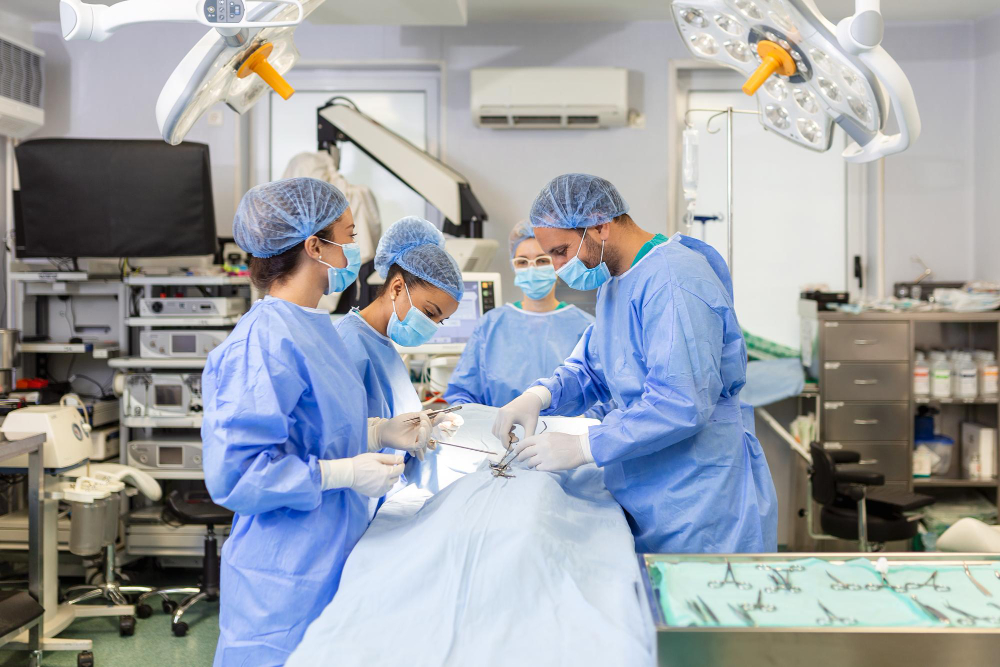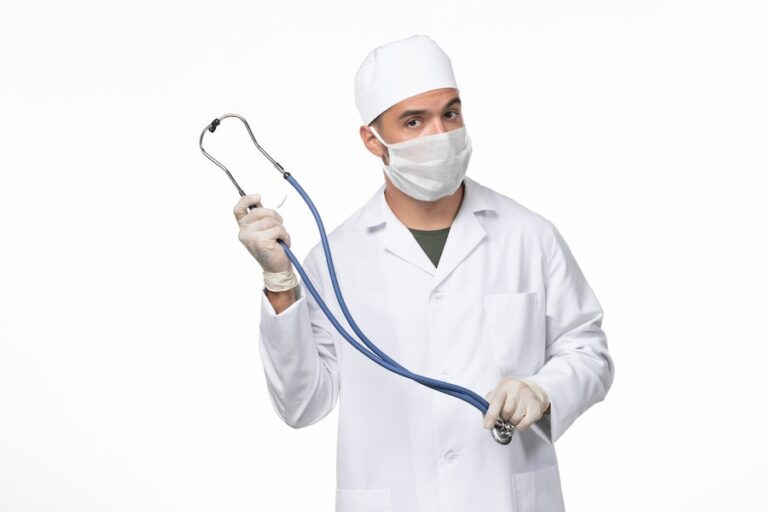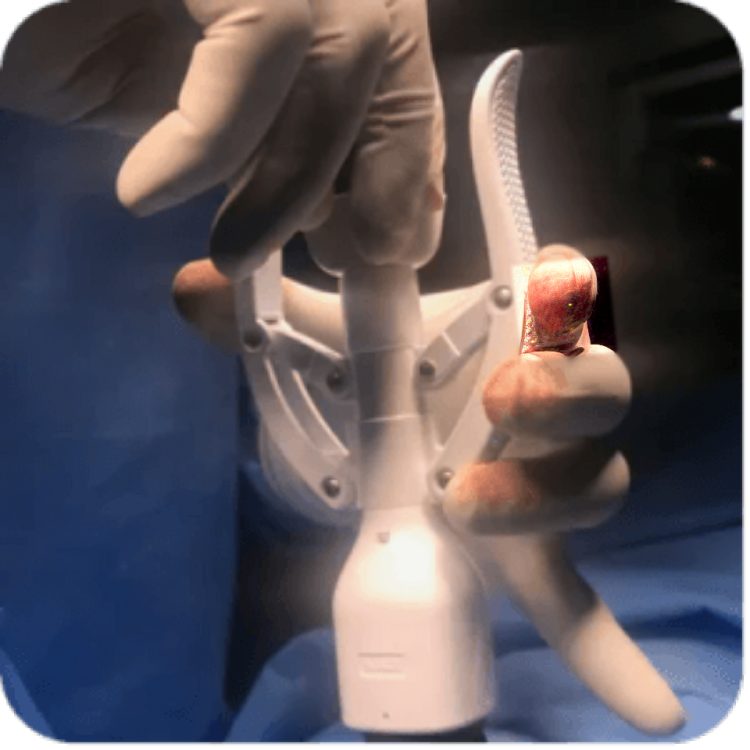The Dos and Don’ts After Laparotomy: Expert Advice.
Laparotomy is a surgical procedure that involves making a large incision in the abdominal wall to gain access to the abdominal cavity. It is commonly performed to diagnose and treat various abdominal conditions that cannot be addressed through less invasive methods. In this article, we delve into the intricacies of laparotomy, its uses across different medical specialties, and what patients can expect during the recovery process.Laparoscopic surgeon in Vikaspuri
To Know More About It Please Click Here
Understanding Laparotomy
Laparotomy is a surgical technique used to access the abdominal organs for diagnostic or therapeutic purposes. The procedure is typically performed under general anesthesia to ensure the patient is unconscious and pain-free during the operation. Once the patient is anesthetized, the surgeon makes a vertical or horizontal incision in the abdominal wall, depending on the specific requirements of the surgery.Laparoscopic surgeon in Vikaspuri
Uses of Laparotomy
Laparotomy is utilized in various medical scenarios across different specialties:
- Abdominal Trauma: In cases of severe abdominal trauma, such as penetrating injuries or blunt force trauma, laparotomy may be performed to assess and repair internal organ damage, control bleeding, or remove foreign objects.
- Cancer Surgery: Laparotomy is often part of the surgical treatment for abdominal cancers, including ovarian, uterine, colorectal, and gastric cancers. The procedure allows surgeons to visualize and remove tumors or affected organs while minimizing the risk of tumor spread.
- Emergency Surgery: Certain acute abdominal conditions, such as appendicitis, intestinal obstruction, or perforated ulcers, may require emergency laparotomy to relieve symptoms, repair damage, and prevent complications.
- Gynecological Surgery: Laparotomy may be performed in gynecology to diagnose and treat conditions such as ovarian cysts, endometriosis, fibroids, or ectopic pregnancies. The procedure allows gynecological surgeons to assess pelvic organs and perform necessary interventions.
- Organ Transplantation: In cases of solid organ transplantation, such as kidney or liver transplants, laparotomy is performed to access the abdominal cavity for organ removal and implantation.
Recovery Process
Recovery following laparotomy varies depending on the complexity of the surgery and the individual patient’s health status. However, there are some general guidelines and considerations:
- Hospital Stay: Patients typically remain in the hospital for a few days following laparotomy to monitor for any postoperative complications, manage pain, and ensure adequate healing of the surgical incision.
- Pain Management: Pain management is an essential aspect of postoperative care. Patients may receive pain medications, either orally or through intravenous (IV) administration, to alleviate discomfort during the recovery period.
- Physical Activity: Initially, patients are encouraged to rest and limit physical activity to allow the surgical incision to heal properly. As healing progresses, gradual increases in activity levels, such as walking, are recommended under the guidance of healthcare providers.
- Dietary Considerations: Following laparotomy, patients may be placed on a restricted diet initially to allow the gastrointestinal tract to recover. Clear liquids are usually introduced first, followed by a gradual transition to solid foods as tolerated.
- Follow-Up Care: Patients will have follow-up appointments with their surgeon to monitor healing, address any concerns or complications, and discuss further treatment or rehabilitation if necessary.
To Know More About It Please Click Here
Conclusion
Laparotomy is a versatile surgical procedure used to diagnose and treat various abdominal conditions across multiple medical specialties. While it involves making a significant incision in the abdominal wall, laparotomy allows surgeons to access and address complex abdominal issues effectively. With advancements in surgical techniques and postoperative care, the recovery process for laparotomy has become more streamlined, helping patients achieve optimal outcomes and return to normal activities as soon as possible. If you or a loved one requires laparotomy, it’s essential to discuss the procedure, potential risks, and expected outcomes with your healthcare provider to make informed decisions about your care. Laparoscopic surgeon in Vikaspuri







